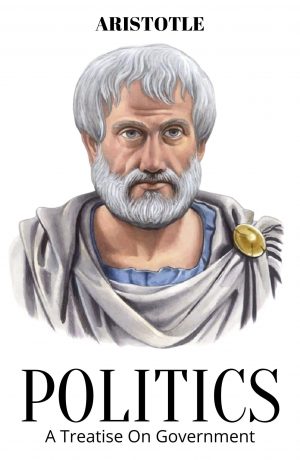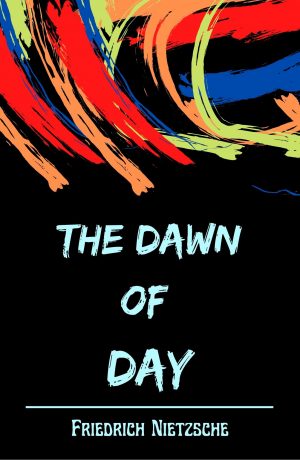Avsar Beeta Jae
this book describes us how to identify the opportunity,the effect of self confidence and how to utilise each and every moment of our life.
₹140.00 ₹150.00
Related products
-
Hindi Literature, Religion & Philosophy
Brahaman Sanskriti,Shaastr Aur Shastr : Raghuvansh Rai
0 out of 5(0)isbn : 978-81-8247-348-5
‘Brahman :sanskriti -shaatr aur shastr is based upon hindu culture,hindu religion and thoughts of some great personalities .This book is also based upon study of other religions like islam amd christian .this book can be used as reference book for any relegious based research work.
SKU: n/a -
Religion & Philosophy
Politics: A Treatise on Government by Aristotle (H.B)
0 out of 5(0)In The Politics Aristotle addresses the questions that lie at the heart of political science. How should society be ordered to ensure the happiness of the individual? Which forms of government are best and how should they be maintained? By analysing a range of city constitutions – oligarchies, democracies and tyrannies – he seeks to establish the strengths and weaknesses of each system, and to decide which are the most effective, in theory and in practice. Like his predecessor Plato, Aristotle believed that the ideal constitution should be good in itself and in accordance with nature, and that it is needed by man – ‘a political animal’ – to fulfil his potential. A hugely significant work, which has influenced thinkers as diverse as Thomas Aquinas and Machiavelli, The Politics remains an outstanding commentary on fundamental political issues and concerns, and provides fascinating insights into the workings and attitudes of the Greek city-state.
SKU: n/a -
Religion & Philosophy
The Dawn of Day by Friedrich Nietzsche (H.B)
0 out of 5(0)One of the most important philosophers of the nineteenth century, Friedrich Nietzsche’s influence on modern thought has extended beyond the borders of philosophy. His works have helped shape modern anthropology, psychology, theology, and sociology. Poets, novelists, and artists have also been touched by Nietzsche’s powerful concepts and perspectives. Edited by a noted Nietzsche scholar, this authoritative compendium is a vital assembly of nearly all of Nietzsche’s early works. Marking the advent of his mature philosophy, these aphorisms and prose poems examine the impulses that lead human beings to seek the comforts of religion, morality, metaphysics, and art. Nietzsche proposes greater individualism and personality development, addresses issues of society and family, and discusses visions of free spirits with the courage to be rid of idealist prejudices. Written in his distinctive, often paradoxical style, The Dawn of Day presents practically every theme touched upon in Nietzsche’s later philosophical essays. It is an essential guide and a fundamental basis for the understanding of the great philosopher and his work.
SKU: abhtdod






There are no reviews yet.